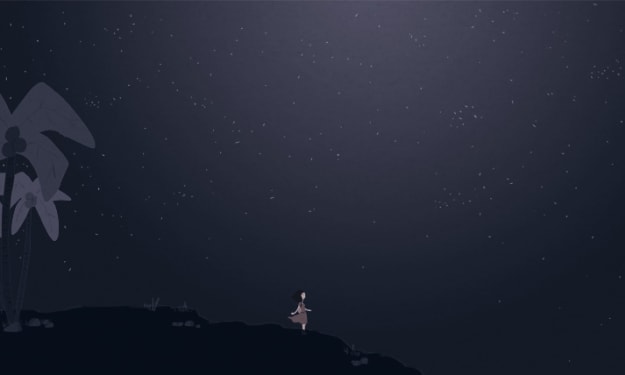The World once left behind
Have you ever got “looped vibes” of afterlives and reincarnations - the bizarre feeling of calling to our mind our past lives?

Given our own fates, it still feels as if we had lived some others’ lives.
The only period does hardly breed such a feeling is our childhoods, since we could rarely ever jog through these memories. In a high attempt to address adults’ burning questions, this week’s articles have so far imposed “grown-up” views on toddlers.
It might be time we try adopting an as much childlike wide-eyed worldview.
1. Imaginary friends.
As children, we had all too often felt as if we had been this world’s saving grace, born gifted with hidden superhuman power (even when adulthood comes). That said, imaginary friends still are not much a commonplace experience (it’d be fascinating should you share your own story of old imaginary friends below).
By the 1950s, psychologists did purport that imaginary friends’ popping up among children should have been an alarming sign. Inasmuch as Spock argued that these fictional characters evidenced either maladjustment - the term coined as the "failure to cope with the demands of a normal social environment”, or certain real-life disabilities. Jean Piaget, a back-when prominent developmental psychologist, also asserted that imaginary friends spelt out a cohesion deficiency, a sign of a “lessor”.
Still, the past three decades have witnessed scientific evidence catalyzing a rather contrasting perspective. It proposed that childhood fantasy friend might have exerted positive psychological changes when adolescence came, thereupon lasting until adulthood.
Pro tempore turning a blind eye to the nonsensical demon bias, it seems fairly evident that imaginary friends represent one's creativity, which has as well been proven justifiable. In addition to the preschool period, such a connection might as well exist among adults.
In another study conducted by the University of Otago on 48 5-year-olds’ language abilities, 23 of which had their own imaginary friends. They were found more outstanding at story-telling and language skills over others. Given the vocabulary equivalence, those imaginary friends could make up more engaging either fictional or actual stories.
Ultimately, they were capable of modifying the plots to fit in the assigned topic. They, accordingly, added up dialects in cooked-up stories. Inasmuch as for narrating a real event, they could offer detailed information on time and location.
By adolescence, those with “thriving” imaginations could as well build up social skills at ease. They gravitated towards establishing rather entangled social connections, thereafter taking up proactive adaptive strategies. To put into perspectives, they scoured relative advice and sharings instead of stowing them away. Even when imaginary friends turn up rather late, by one’s adolescence, they might also bring out positive effects on your self behaviour-regulating cognition.
Like Lord of the Rings / Annals of Narnia fans, we know woefully well already that the far-reaching Middle-earth and Narnia own a system of multifarious characters, languages, events, and histories robustly thriving on JRR Tolkien [10] and CS Lewis’ pure imaginations during their teenagers. This so-called Paracosm all-inclusive fictional system has, to any extent, again evidenced the Brobdingagians feasting on children’s wide-eyed imaginations.
2. Children’s capricious capabilities.
Above all, children do own the abilities we could hardly ever bear in mind.
By their very first months, infants would have already developed the ability to assess their surrounding people and themselves decide to whether allow someone to get close to them or not. In an experiment, 6-to-10-month-old were exposed to a puppet show, wherein one was going all out to climb a hill, whilst two others popped up to either aid or hinder him. Thereupon allowed to tap the ones they cherished, infants were pretty much in favour of the supportive puppet over the hindrance one. Howbeit not much of innate ability, such a behaviour can be interpreted as the very step that builds up a moral foundation during childhood.
About the Creator
Mush Boxey
Be who you are and say what you feel, because those who mind don't matter and those who matter don't mind.
I'm a writer!
Welcome to my life!






Comments
There are no comments for this story
Be the first to respond and start the conversation.